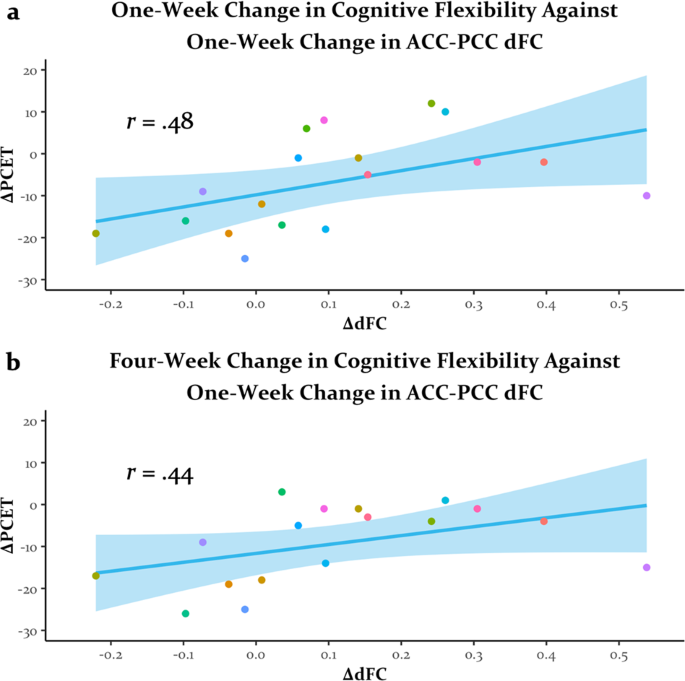Single Psilocybin Dose Demonstrates Cognitive Flexibility and Well-being Gains for Up to Three Months

Recent research indicates that a single dose of psilocybin, the psychoactive compound found in certain mushrooms, can induce significant and sustained changes in brain function, leading to improvements in cognitive flexibility and overall well-being. This observation aligns with remarks made by Nicholas Fabiano, MD, who highlighted that "1 month later there were maintained increases in cognitive flexibility, psychological insight & well-being." Emerging clinical and observational studies are providing a clearer picture of these enduring effects.
Studies have shown that psilocybin therapy can significantly increase cognitive flexibility, defined as the brain's ability to adapt and switch between different thought patterns and behaviors. An open-label study involving patients with major depressive disorder (MDD) found that psilocybin therapy led to increased cognitive flexibility for at least four weeks post-treatment, as measured by a set-shifting task. This improvement was observed even though it did not directly correlate with changes in depressive symptoms, suggesting a distinct cognitive benefit.
Beyond cognitive function, psilocybin has been linked to enhanced psychological well-being and insight. A placebo-controlled trial reported significant and durable improvements in psychological flexibility, mindfulness, and valued living that were maintained for up to three months following psilocybin administration combined with psychotherapy. Additionally, a large-scale longitudinal online survey revealed a significant increase in self-reported cognitive flexibility and overall well-being at two to three months post-psilocybin.
The mechanisms underlying these sustained changes are a subject of ongoing research, with neuroplasticity and serotonin 5-HT2A receptor activation being key areas of focus. Preclinical studies in animal models have demonstrated that acute psilocybin can robustly improve cognitive flexibility, with effects lasting several weeks, and that these effects are mediated by the 5-HT2A receptor. While acute effects of psilocybin can be complex, the long-term implications for mental health and cognitive function are increasingly recognized as promising.
This growing body of evidence underscores the therapeutic potential of psilocybin beyond its immediate psychedelic effects. Researchers continue to explore how these sustained cognitive and psychological benefits can be harnessed for conditions characterized by cognitive rigidity or impaired emotional processing. Further controlled trials are anticipated to fully elucidate the optimal applications and long-term outcomes of psilocybin-assisted interventions.